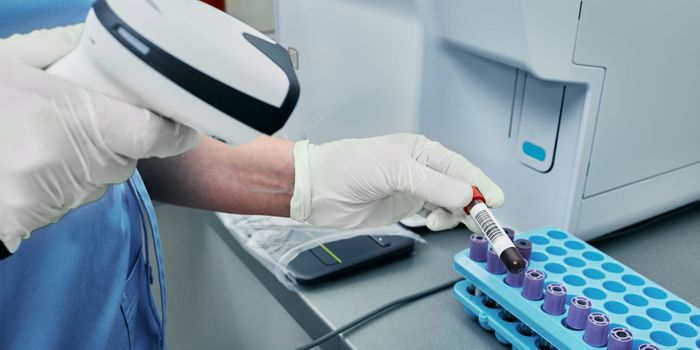Tests Reveal Unreliability of Allergy Tests & Experts Call for Standardization
Allergies can be extremely dangerous, and they may appear out of nowhere. An allergy sufferer may have no idea they are intensely allergic to something like lobster until they eat it for the first time. A person can also develop an allergy to a substance they've been exposed to harmlessly many times before. Allergy tests can be extremely important; they help clinicians and patients identify the cause or causes of an allergy so a person can avoid the offender, or be ready to respond if exposure occurs.
Usually, clinicians prefer to use skin prick testing (SPT) to diagnose an allergy, said Professor Dianne Campbell of The Children's Hospital in Sydney. In this test, a clinician puts a drop of allergen extract onto skin on the arm, and then makes a prick through the skin at the site of the droplet. If the person has an allergy to the substance, then the small, exposed area will become swollen, itchy, and red after about ten or fifteen minutes.
However, new research reported in the journal Allergy has shown that these tests may not be reliable. The allergens that are used in the tests are not typically standardized, said Dr. Thimo Ruethers of James Cook University (JCU). This lack of standardization can seriously limit the reliability of test results.
For Australian researchers, shellfish allergy is particularly important because it's thought to affect about three percent of the Australian population and can be fatal.
"In 2019, we demonstrated considerable variability in effectiveness for 27 commercial SPT extracts for fish allergy. In the current study, using biochemical and immunological methods and mass spectrometry, we tested eleven commercial crustacean and five mollusk SPT extracts and found even greater, critical variability in their reliability," said Professor Andreas Lopat, a group leader at JCU.
The researchers have determined that some SPT extracts are not diverse or adequate enough to truly reflect shellfish allergen exposure. Thus, the tests could produce false negatives and may be putting people at risk of serious harm.
"Standardization of allergen extracts is urgently needed to improve the accuracy and reliability of SPTs. Also, improvements in blood tests, along with the development of region-specific allergen extracts with known quantities of clinically well-characterized allergen components, are critical to achieve considerable improvements in allergy testing," Ruethers added.
More research will be now needed to create better allergy tests that can provide more information to people, and which could save many lives around the world.
Sources: James Cook University, Allergy









